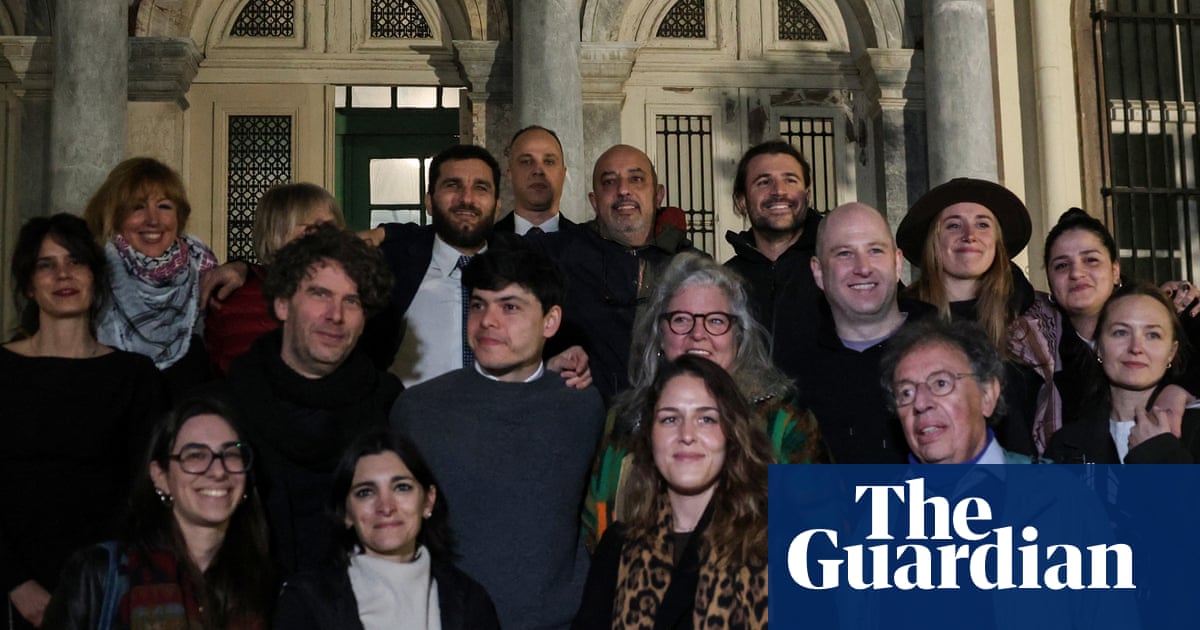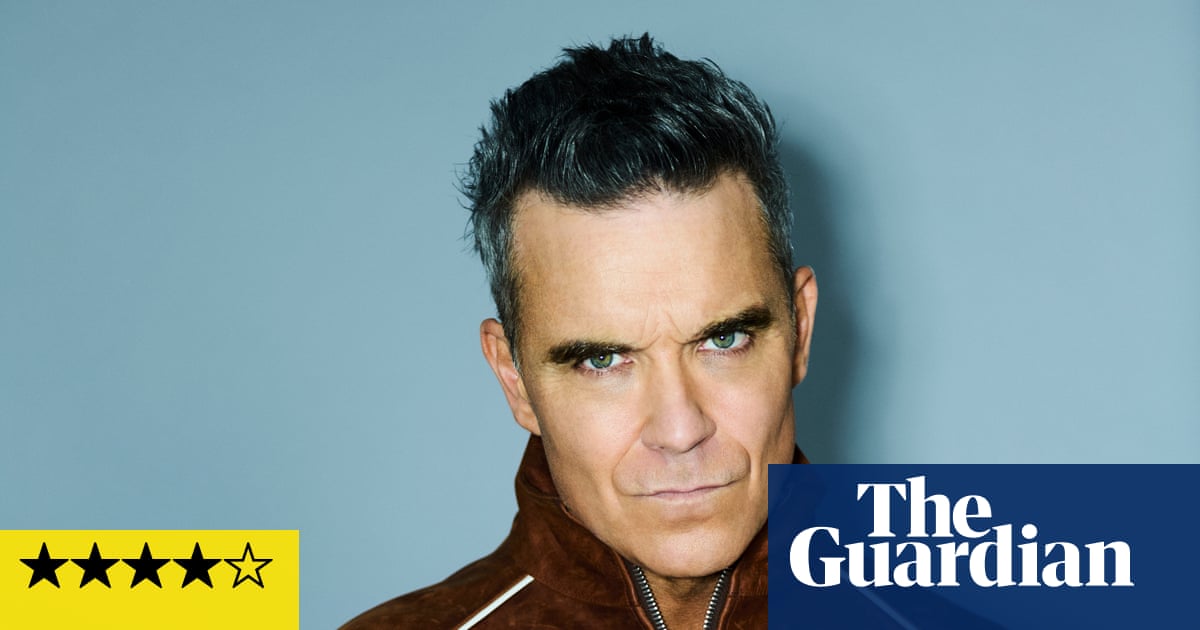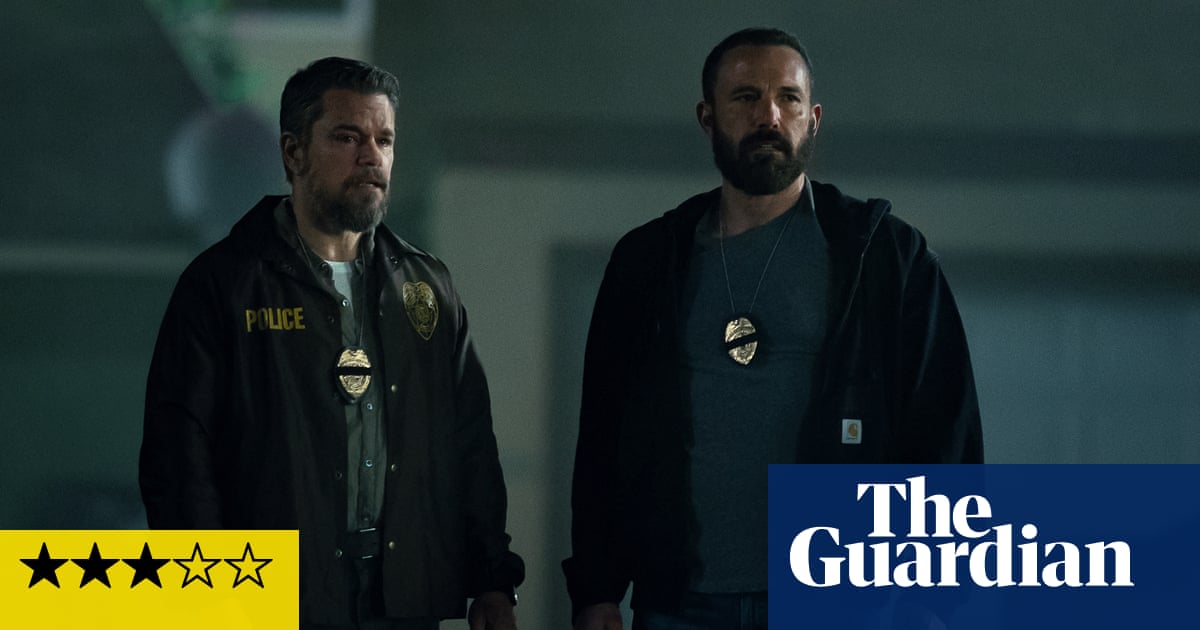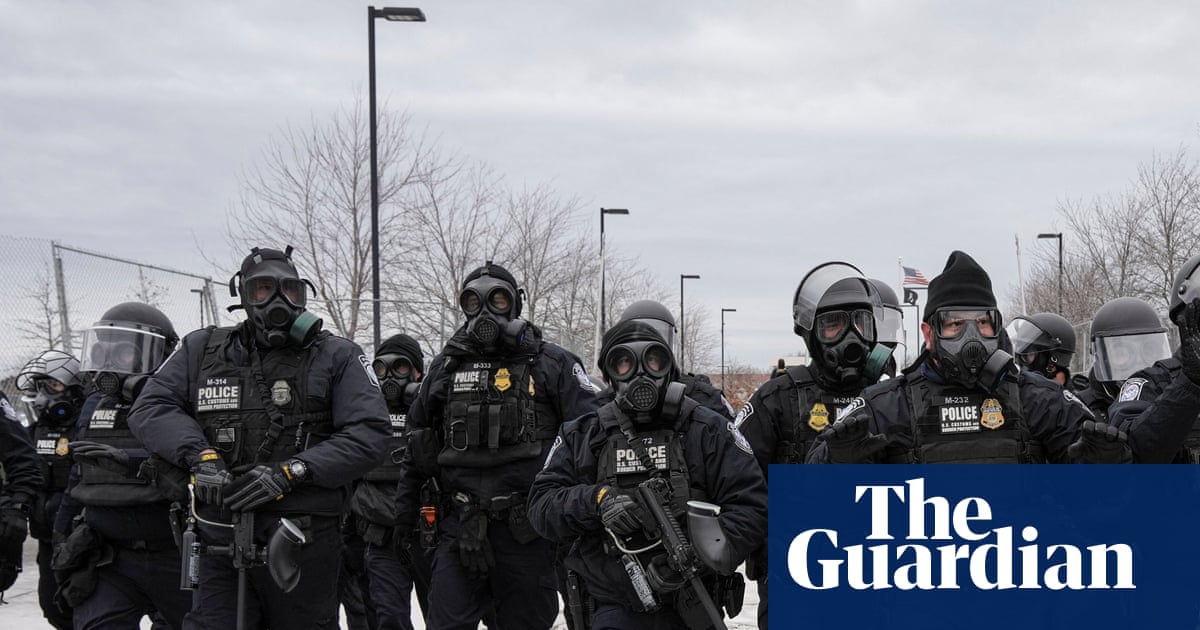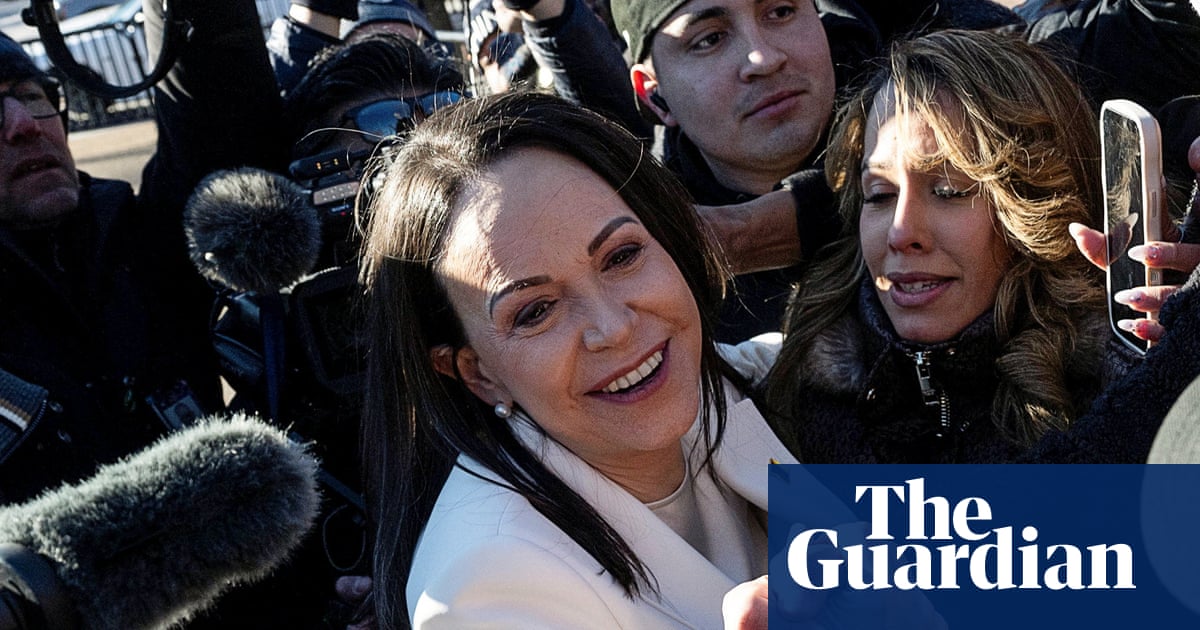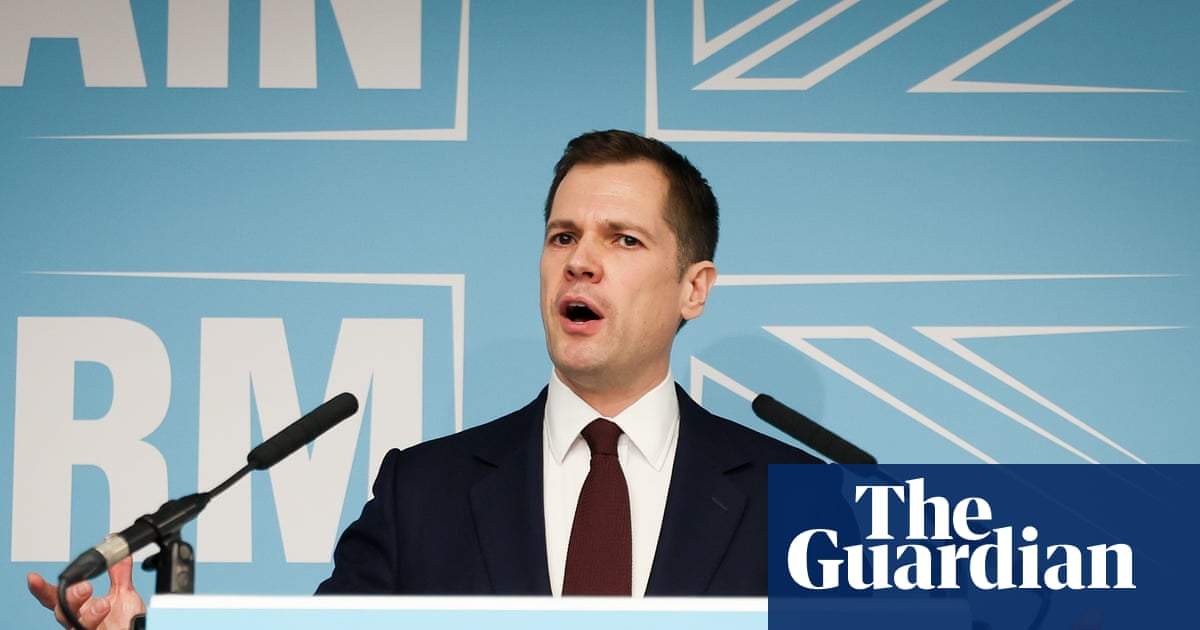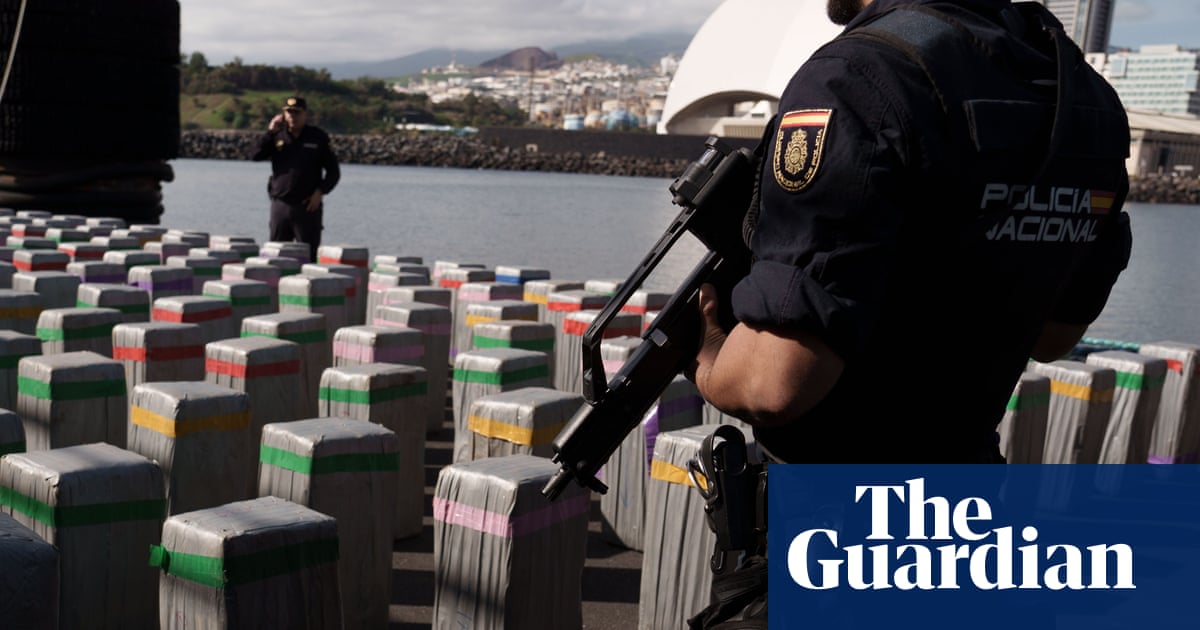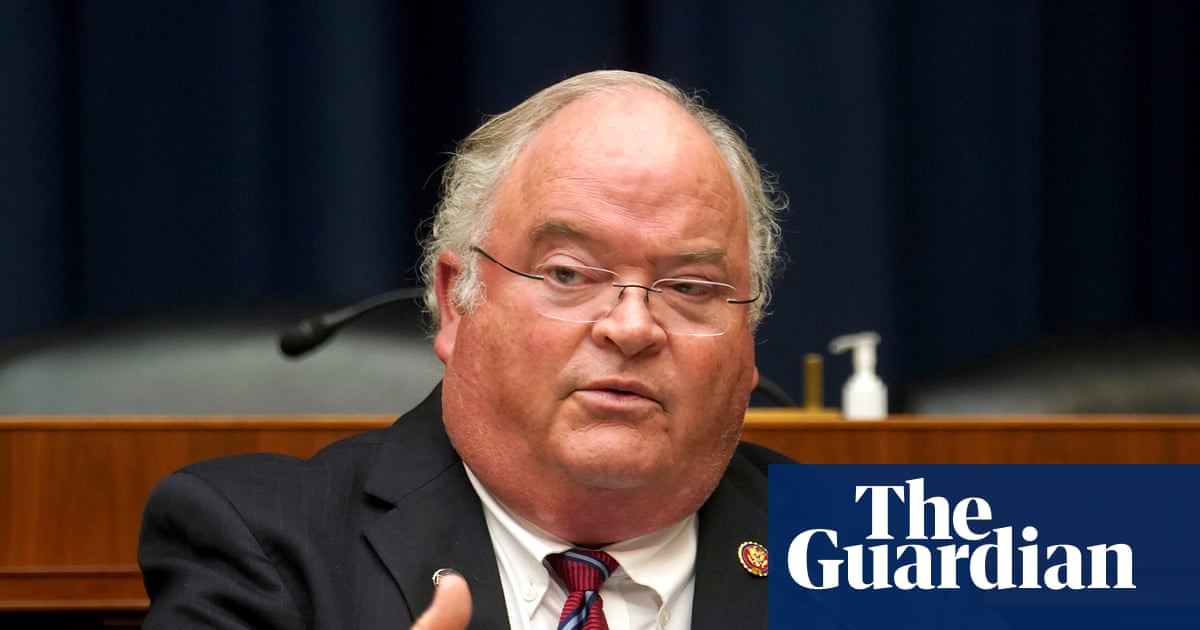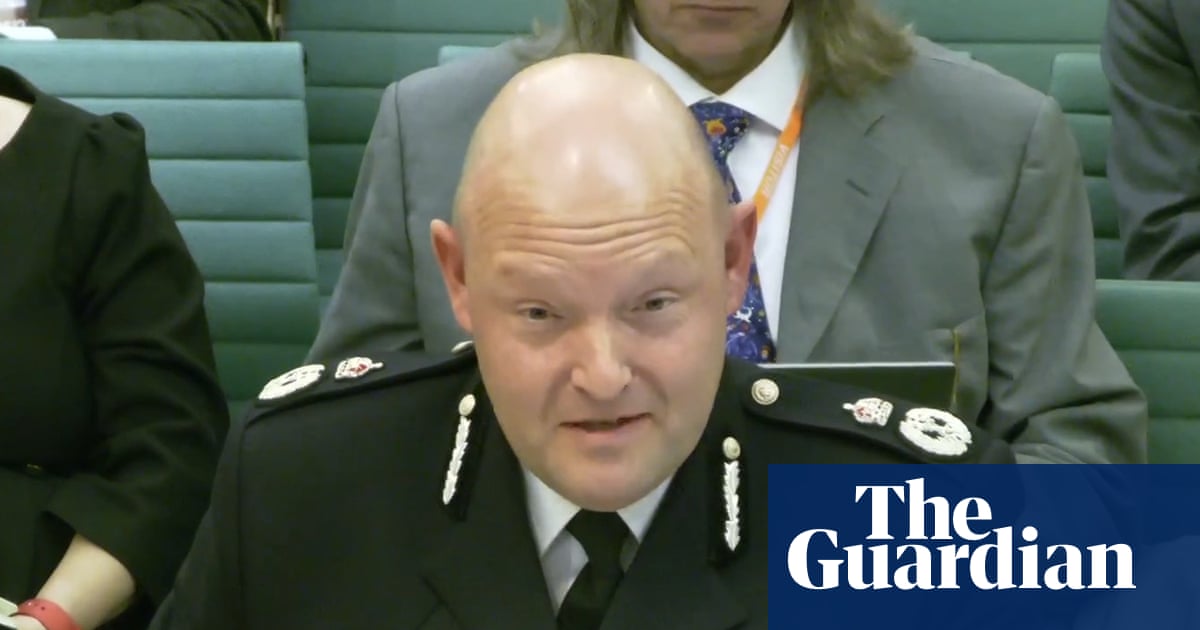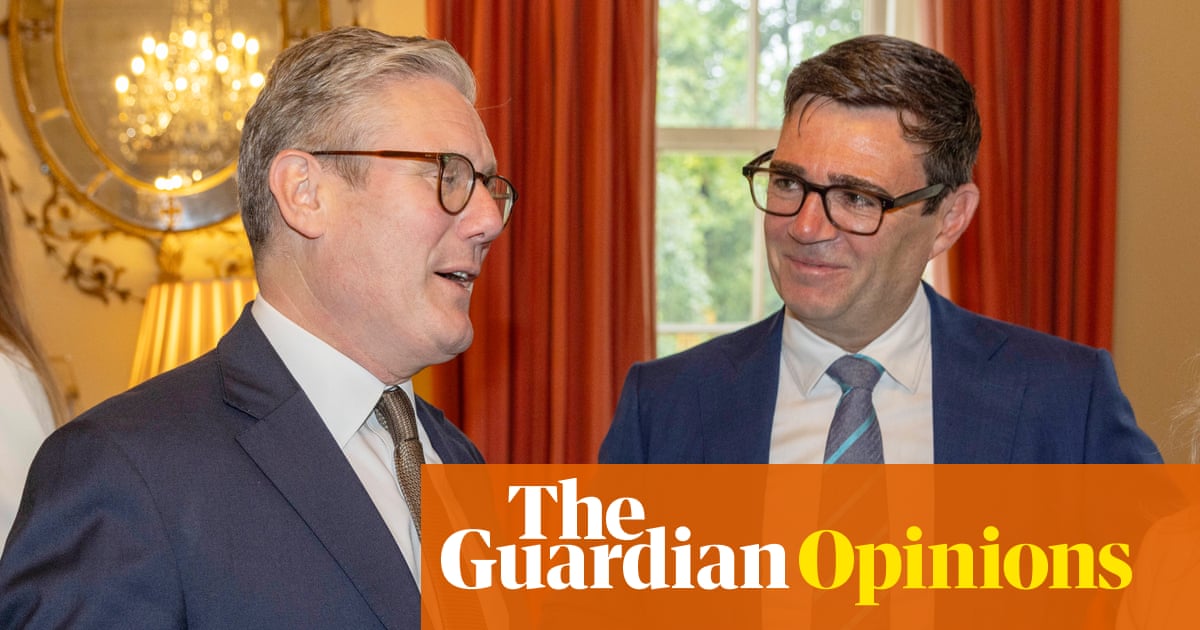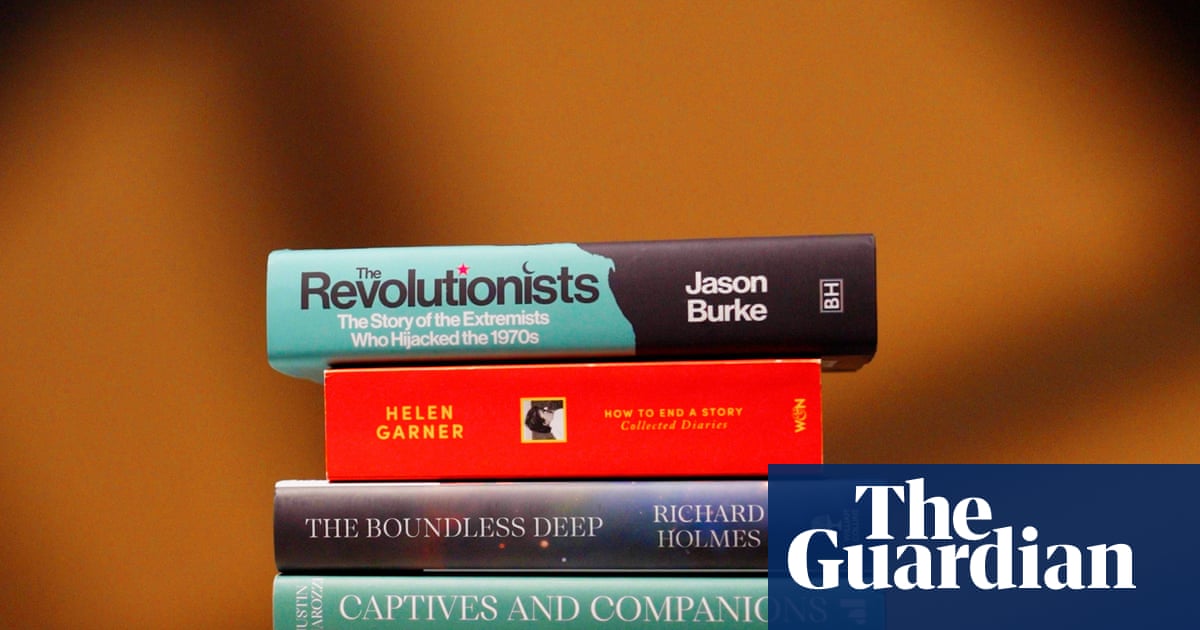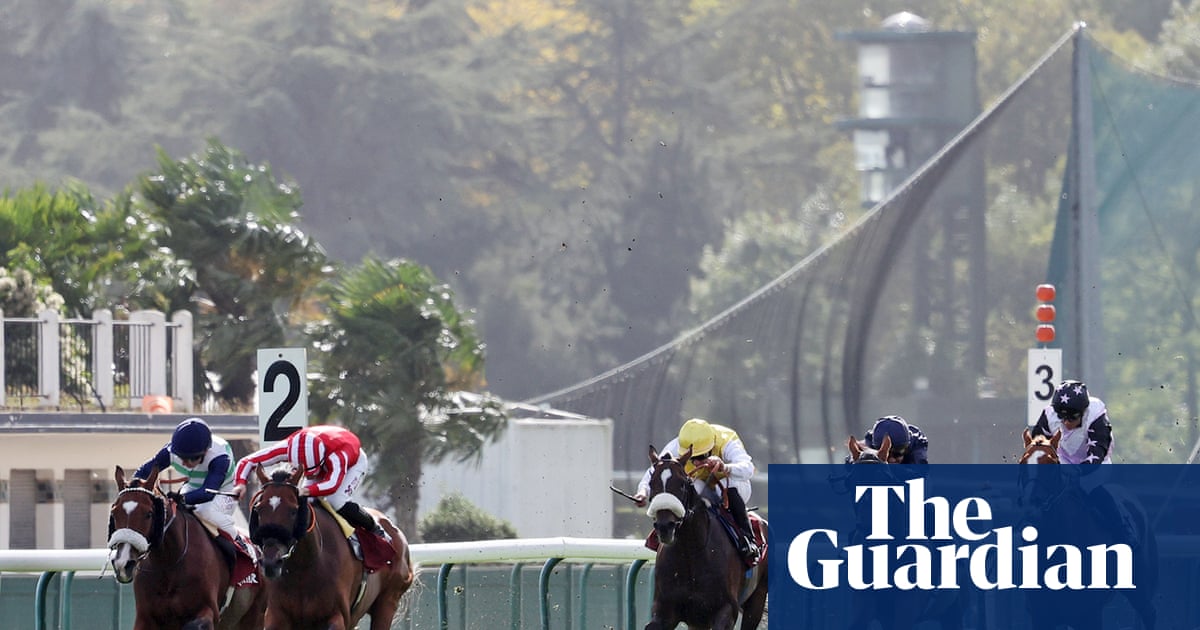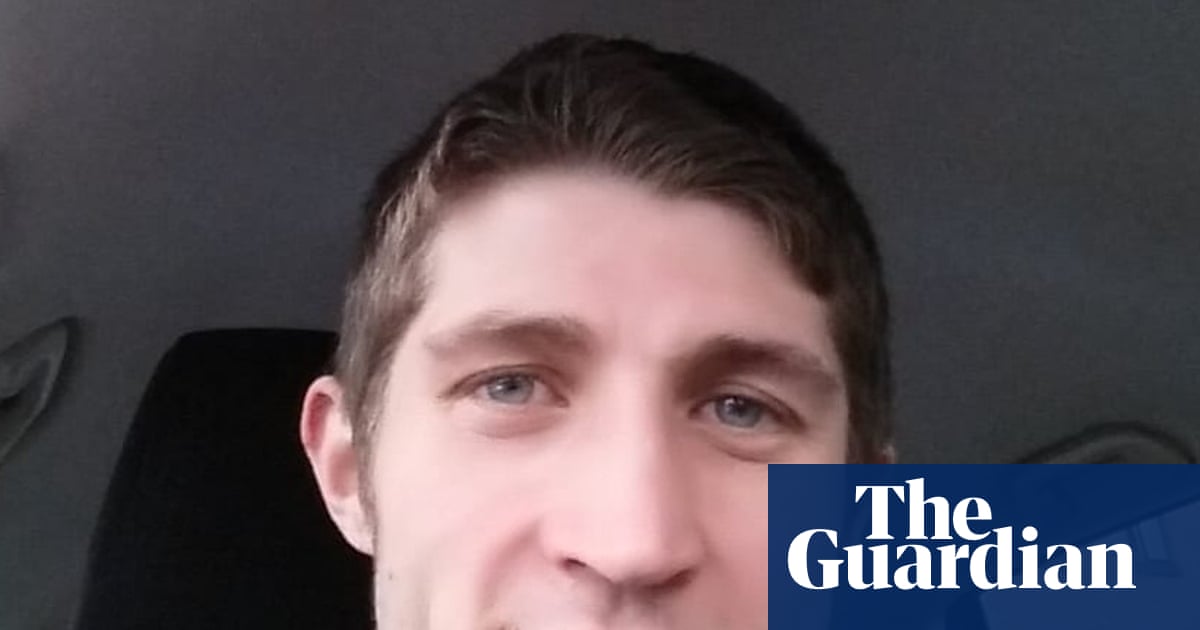When Roddy Bottum began work on his remarkable autobiography The Royal We, the Faith No More keyboard-player knew exactly the book he didn’t want to write. “The kind that has pictures in the middle,” he says, via video-call from Oxnard, California, where he’s completing a new album by his group Imperial Teen. “I’m not a big fan of rock memoirs – they’re the most predictable, name-droppy, sub-literature experiences.”
The Royal We certainly isn’t name-droppy – Bottum doesn’t even use the surnames of his bandmates. And while he outlines the group’s origins and early development, this takes a back seat to his “youth escapades” in San Francisco, “before the internet, before that city got ruined”. Much of the focus is on his sexual awakening, and how the related secrecy and shame have affected his life. “I was having sex with men when I was very young, 13 or 14,” he says. “It was such a taboo, and that set the tone of my life.” In the memoir, episodes involving his cruising public toilets and parks as a teenager are recounted unflinchingly and unapologetically. “I had sex with older men in bushes,” he writes. “Shamefully at first, proudly later. Fuck off.”
“When I do readings, I start with that section,” he says. “I understand how provocative statements like that are; it’s so inappropriate. But I’m not ashamed. With Trump in power, my truth needs to be shouted loud, to combat the racism, the anti-trans and homophobic mindsets.” He pauses. “I want to be provocative. I have relatives who are Christian people, and it’s absolutely my intention to ruin their Thanksgiving dinner with this book. Because they’ll all read it.”
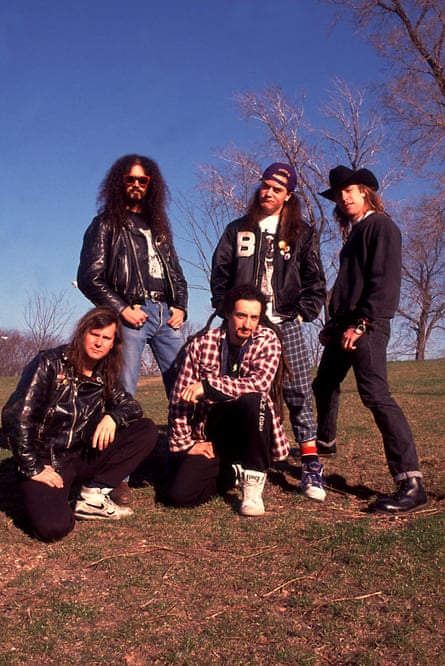
The memoir opens on the teenage Bottum relocating from his native Los Angeles. “San Francisco was an abrupt about-face from the sunny superficiality of LA,” he says. “Cold. Dark. People with dyed black hair and white faces, people doing crystal meth and heroin. The queer culture that existed in San Francisco was all so different from Los Angeles. It was inspiring.”
It’s here, in 1981, that Bottum joined Faith No Man (later Faith No More) with Billy Gould and Mike Bordin, accenting their “pummelling rhythm section” with “a sense of beauty atop that darkness. Rock bands didn’t have keyboards then.” They cycle through vocalists, including – briefly – Courtney Love, the memoir’s most vivid character, an unabashed chaos agent setting apartments ablaze and making enemies at every turn.
“Courtney and I both knew right away that we were soulmates, that we would always be friends,” Bottum says. Their platonic friendship briefly blurred into a sexual relationship, resulting in pregnancy and abortion; later, Bottum became a trusted confidant of Love and her husband, Kurt Cobain. Far from the grunge Lady Macbeth of misogynist legend, Bottum portrays Love as someone with wit, energy and agency.
“Courtney had a hard go of it,” he nods. “A controversial woman who’s very powerful, and so smart. And that’s a very attractive, exciting person to write about. She’s a warm, compassionate person, and a lot of people aren’t exposed to that. But we were very close and took care of each other.”
The embryonic Faith No More were, Bottum admits, “absolutely preposterous”. Their music centred around repetitive heavy grooves jammed out while under the influence of various drugs, including MDMA, while their frontman, alcoholic oddball Chuck Mosley, “didn’t have a good singing voice”. But they had ambition. “Everyone in our scene was into goth and dark stuff, but we loved MTV, Madonna and Cyndi Lauper. In some crazy way, we imagined we were part of that mix. Though there was nothing shiny or attractive or poptastic about us.”
But their sardonic rock-rap anthem We Care a Lot became a minor MTV hit in 1988, Mosley ceded the mic to the photogenic Mike Patton (who did have a good singing voice), and by 1990 Faith No More’s third album was a bona fide, Grammy-nominated hit. Characteristically, The Royal We doesn’t dwell on this triumph, jump-cutting instead to their disastrous stint on Guns N’ Roses and Metallica’s 1992 stadium tour.
It was, Bottum says, “the biggest tour that had ever happened”. But Faith No More were quickly alienated by the “toxic” rock’n’roll circus they’d clambered aboard; in the memoir, he recounts an unsettling encounter with groupies recruited for GN’R’s entertainment. “The misogyny and the bravado of the macho dynamic coming from the Guns N’ Roses camp was suffocating,” he says. “They had that song One In a Million, with the N word and the F word [faggot], and that was the vibe backstage. I didn’t want any part of it. We didn’t want to loan our credibility, our culture, our individuality to this poison.”
The tour – from which Faith No More were sacked two weeks early, for badmouthing GN’R in the press – marked a turning point for Bottum. “I needed to be who I was,” he says, “to talk about being gay, to distance myself from this toxic environment.” Against his managers’ advice, he came out in the pages of the Advocate the following year. “I was the only out queer guy in rock,” he says. “Freddie Mercury hadn’t come out before he died. Michael Stipe didn’t talk about it, nor Rob Halford, nor Bob Mould. It made me angry. I needed to put myself on that page of history, to get people to accept a queer person in music. And I met so many kids who were queer, who felt my being a queer person in music made a difference to them.”
Bottum hadn’t even discussed his sexuality with his bandmates, even though he travelled with his boyfriend on the tourbus. “They were open minded, they would have been OK with it,” he says. “It was the damage of being a gay kid in that era, the damage of the shame and homophobia.” He found instant acceptance from Cobain, the Nirvana frontman who was the proud antithesis of the misogyny and homophobia that had blighted the GN’R tour. “Kurt was like a unicorn,” Bottum says softly. “He wanted to be gay – Kurt loved the provocation of that. I think that’s why we were really good friends. He loved that I was gay, that that was a thing he got to be around. He was a very special person.”
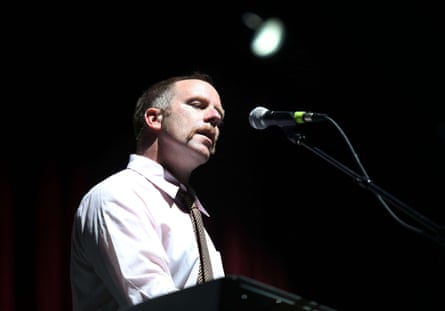
Bottum grew close to Cobain and Love, the trio bonded at the time by heroin addiction. Bottum had been struggling to keep his habit under wraps from his bandmates for some time. “It was a drug of secrets, something you did behind closed doors,” he says. “The darkness of heroin had been an attraction to me – putting a needle in your arm is pretty extreme. I didn’t realise its impact on my life, the wreckage it caused to my friends and family.”
In 1993, Bottum overdosed in New York. “I died for a moment, and then came back to life,” he remembers. In early 1994, as his father was dying of cancer, he, Love and Cobain made plans to go to rehab together in Long Beach; ultimately, only Bottum made the trip. After several gruelling months, he returned to their house, Love hoping that his newly sober presence might prove a positive influence on Cobain. Bottum stayed in Seattle for a few days, then flew home. A week later, Cobain took his own life.
“The first time death happens in a young person’s life is so devastating,” he remembers. “But this was so violent. There had been a gun involved. I couldn’t stop thinking about how that meant the bullet went through his head, and his skull was shattered.”
Bottum fell into a deep depression, but his sobriety did not waver. “I felt like, I made it through this. This – Kurt’s death – is what happens. My sobriety was why I was still here, and he was not.” He started a new band, Imperial Teen. “We were queer people, singing about man-to-man relationships,” he says. “And it was only when writing the book I realised: this was my happy ending. The darkness I’d had to pass through was the shame I’d felt. The heroin was me self-medicating, so I could feel OK about living all these secrets. And when I was able to unveil those secrets, everything changed. Imperial Teen was me being honest and open, celebrating my life – a recognition of my acceptance of myself. That’s what got me through.”
The Royal We closes here, before Faith No More’s split and subsequent reunions (he won’t be drawn on whether they’ll play again), before his detour into movie scoring, before the opera he wrote about Sasquatch, which he hopes to turn into a musical. “I’ve always identified with characters like the Elephant Man, or Frankenstein’s monster, or even King Kong,” he says. Does he see any parallel between these tragic creatures with hidden darknesses and himself? He smiles. “I guess I’m just really drawn to a big, ugly monster who had a heart of gold.”
The Royal We by Roddy Bottum is published by OutLine Press Ltd, £16.95
In the UK and Ireland, Samaritans can be contacted on freephone 116 123, or email [email protected] or [email protected]. In the US, you can call or text the 988 Suicide & Crisis Lifeline at 988 or chat at 988lifeline.org. In Australia, the crisis support service Lifeline is 13 11 14. Other international helplines can be found at befrienders.org
In the UK, Taking Action on Addiction provides links to different support services. In the US, call or text SAMHSA’s National Helpline at 988. In Australia, the National Alcohol and Other Drug Hotline is at 1800 250 015; families and friends can seek help at Family Drug Support Australia at 1300 368 186

 2 months ago
56
2 months ago
56
